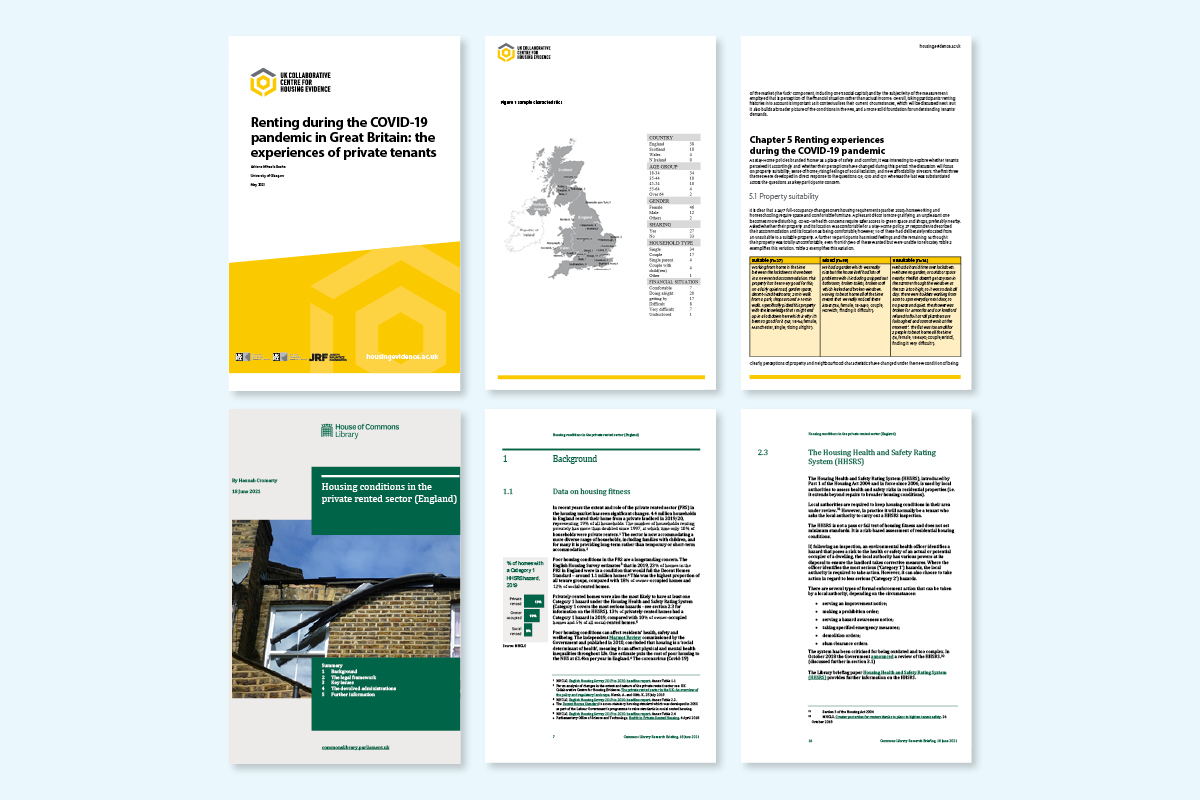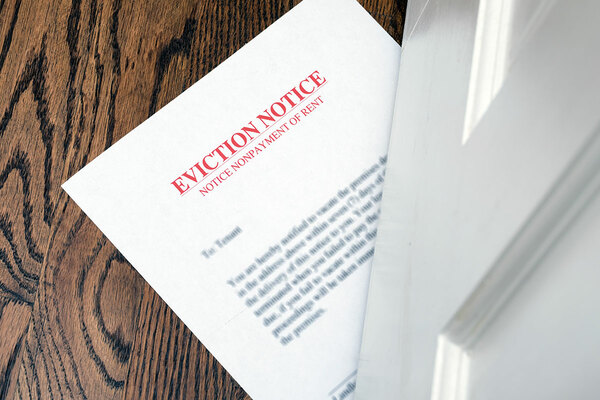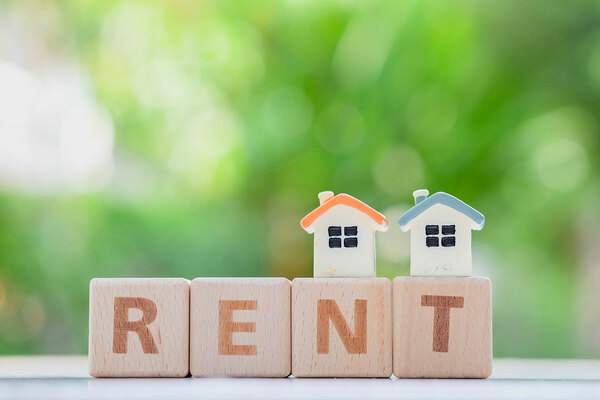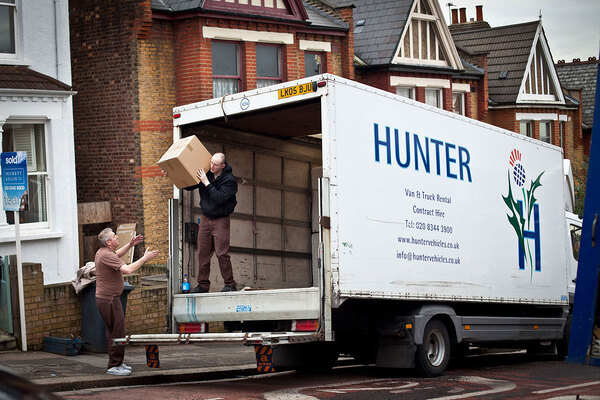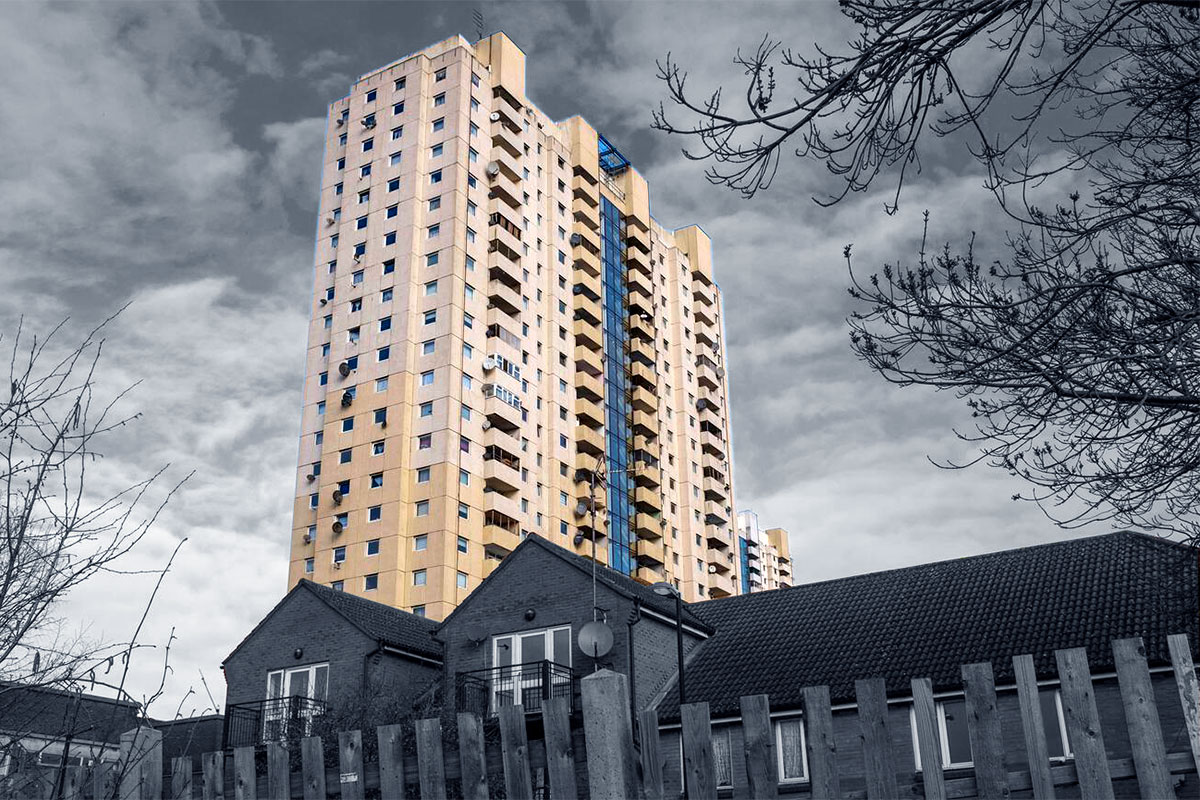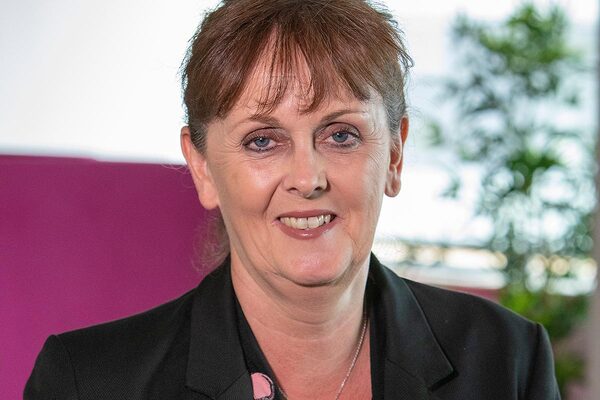You are viewing 1 of your 1 free articles
The Thinkhouse Review: the autumn white paper must enforce real change for private rented sector tenants
Distressing accounts of conditions in the private rented sector and high rents point to a power imbalance between landlords and tenants. Recent research reports have shed new light on this issue and highlight the reform needed in the forthcoming white paper, writes Jennifer Rolison in the latest Thinkhouse Review of must-read research
The private rented sector (PRS) has grown to 4.4 million households and represents 19% of all households in England (2019/20). As well as its growth, we see it diversifying with different households including families with children.
But with rents rising faster than inflation, more than two million families in the PRS fall under rental stress. Those renting on a low income face many difficulties, and at a time when we are expected to stay at home more than ever before, we must ensure the system is reformed.
Throughout June, six reports were uploaded to the Thinkhouse website for review. They covered several topics from the overall decrease in housing supply since 1979, through the definition of ‘adequate housing’ and the need to improve data, to exploring how a place-based approach – already favoured by public and social investors – can be extended to institutional investors to provide the funding required to achieve affordable housing targets in England.
Two reports recently submitted to Thinkhouse focused on the PRS. The first, published by the House of Commons Library and titled Housing conditions in the private rented sector (England), identifies the issues in the legal framework for housing standards in the PRS.
The second, Renting during the COVID-19 pandemic in Great Britain: the experiences of private tenants, published by the UK Collaborative Centre for Housing Evidence (CaCHE), provides current examples of the difficulties and their impact on tenants.
The report from CaCHE explores the reasons for negative renting experiences for private tenants. These include widespread poor property conditions, unprofessional tenant/landlord relationships, unaffordability and tenancy insecurities.
While this is not news, the scale of these problems is not recognised by current policy and some aspects are not measured, such as the quality of furnishings.
“With 88% of social rented properties meeting the Decent Homes Standard, why are 1.2 million private tenants living in sub-par conditions?”
The paper demonstrates the extent of the issues experienced by tenants and the significant toll that poor housing conditions have on well-being. The worst accounts are distressing to read and include unusable stoves, kitchen sinks and showers; illegal foam tiles; extreme damp and black mould; and a serious rat and mouse infestation. All with many failed attempts to get help from their landlords.
The CaCHE report finds that the impact of COVID-19 has compounded these difficulties, disproportionately affected historically disadvantaged groups, widened existing housing inequalities, and deepened existing vulnerabilities.
Less than half of respondents considered their property and its location to be suitable for the stay-home demands of the past year. Issues of lack of space and noise intensified with everyone spending more time at home.
With 88% of social rented properties meeting the Decent Homes Standard, why are 1.2 million private tenants living in sub-par conditions?
While high rents and poor conditions in the PRS may not be surprising, one finding consistent across the two reports was the power imbalance between landlords and tenants.
Despite recent reforms such as the Homes (Fitness for Human Habitation) Act 2018 that suggest regulation for protection of tenants is increasing, the reality of chronic insecurity, combined with a shortage of housing options, means the power balance is far in favour of landlords.
Tenants are unwilling to pursue a complaint against their landlord for fear of retaliatory eviction or a rent rise. However, the regulatory system relies on tenants taking action against their landlord by reporting poor conditions to their local authority or seeking redress through the courts.
Both reports also noted that social suffering – the perception of current and future housing difficulties that impact on well-being – is not considered within policy, so landlords are absolved from the true impact of their treatment of tenants.
Change is happening, albeit slowly. Government has acted through its commitment to abolish Section 21 of the Housing Act to protect tenants from no-fault evictions, and to introduce a ‘Renters’ Reform Bill’ to strengthen protections for tenants in the PRS. To date, the bill has not been introduced, but in March 2021 it was confirmed it will be brought forward once the urgencies of the pandemic have passed.
“Local authorities need better data with a national registration system of all landlords, and adequate funding to develop appropriate responses to the challenging nature and context of the PRS”
Another issue examined in the House of Commons Library report is the confusing legislation that landlords are unable to uphold as intended.
Although councils are empowered to tackle poor property conditions and management standards, the levels of enforcement are low and inconsistent. The Housing, Health and Safety Rating System (HHSRS) is being reviewed following wide criticism for being overly complex and therefore difficult for landlords and tenants to understand.
Local authorities have insufficient resources to undertake enforcement activity. In fact, 89% of local authorities reported that they had not used the new powers and 53% did not have a policy in place. Furthermore, where local authorities are enforcing the HHSRS, the risk-assessed approach without prescribed minimum standards means much is left to the interpretations of individual assessors.
Local authorities need better data with a national registration system of all landlords, and adequate funding to develop appropriate responses to the challenging nature and context of the PRS.
The Queen’s Speech 2021 confirmed that the government will bring forward reforms to drive improvements in standards in the PRS, including ensuring all tenants have a right to redress, and well-targeted, effective enforcement.
As the PRS continues to grow rapidly and support the government to provide solutions to homelessness and local housing need, the risks are high if these issues go unresolved. The white paper in the autumn has a lot to address.
Jennifer Rolison, marketing manager, Altair
Sign up for our tenancy management newsletter
Already have an account? Click here to manage your newsletters
